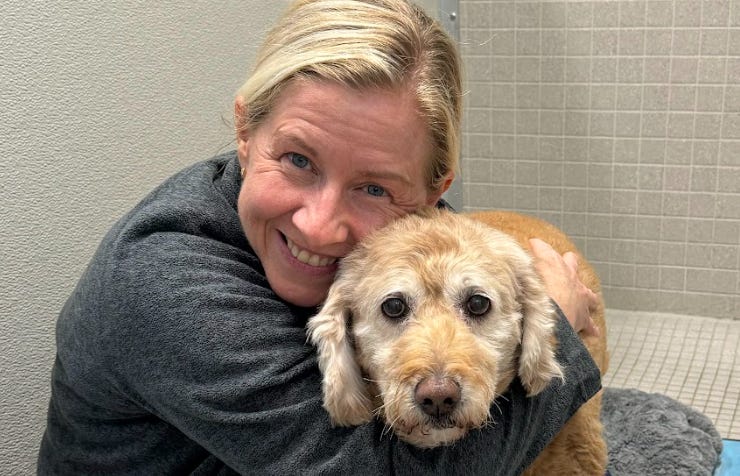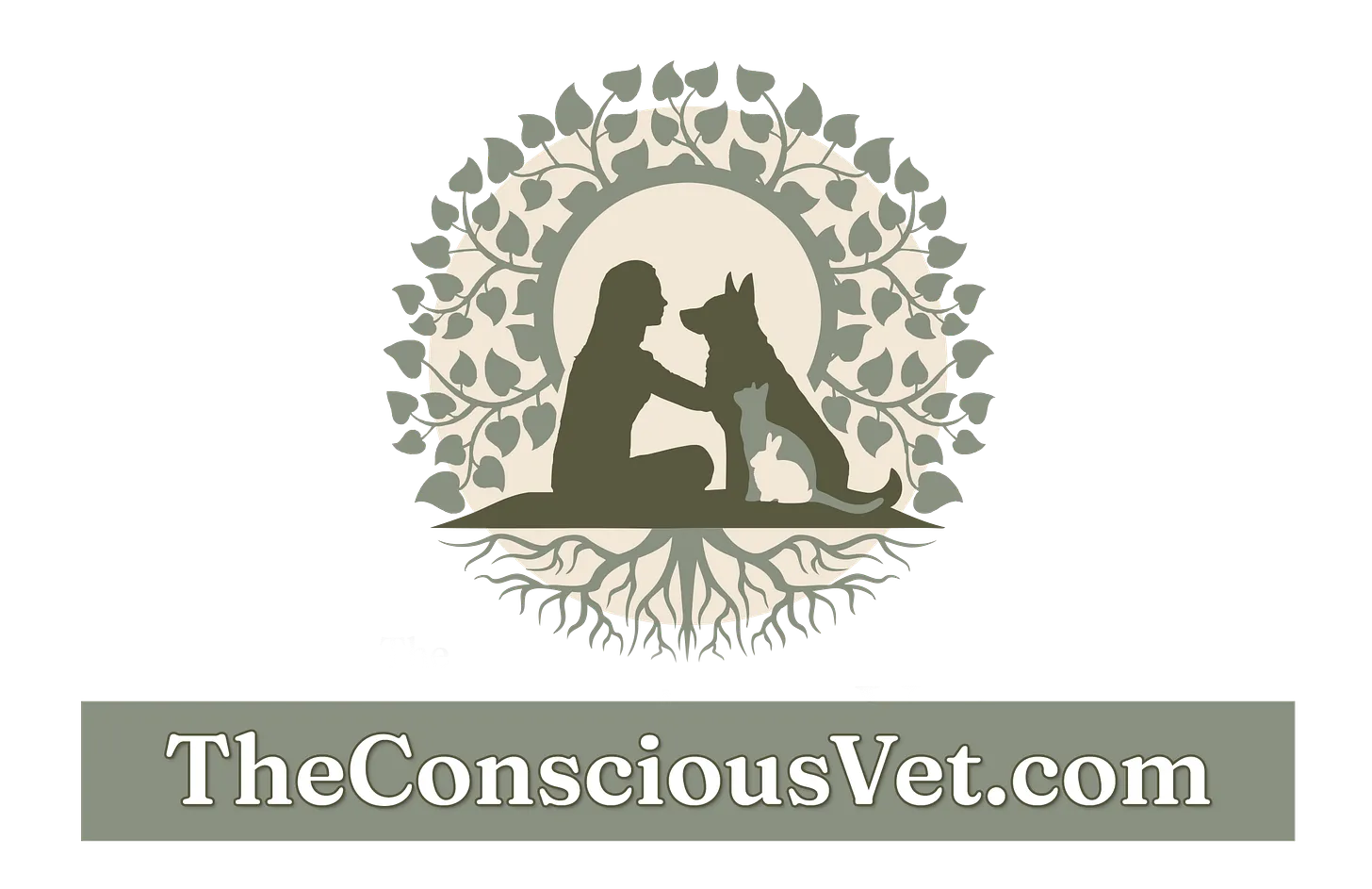What Your Vet Wishes You Knew
The Unspoken Truths of Pet Care from Behind the Exam Room Door
You walk into the exam room, clutching your leash, your carrier, your hope.
Your pet is sick, hurting, or maybe just… off. You need answers. You want help. You want compassion.
And you deserve all of those things.
As veterinarians, we became doctors not because we love science (although we do), or because we want to build wealth (trust me, there are easier paths), but because we have a deep, immovable love for animals. Their lives matter to us. Their pain hurts us.
And yet sometimes, in the rush of exam rooms and lab reports and hard conversations, it may not feel like we see you, the person holding the leash.
So here’s what we wish you knew—but might not always get the time to say out loud.
1. We Love Your Animal, Too
It’s not just your pet to you. It’s your heart.
To us, it’s not just another patient either. It’s another life we want to save.
When your animal suffers, it affects us—deeply. Even if we don’t show it the way you need us to. Even if we seem clinical, or distant, or too fast.
Many veterinarians are introverts. We entered this field because animals made sense to us in a way the human world never quite did. That doesn’t mean we don’t care about you. It means we’re trying to hold space for your pet’s care while managing the emotional weight of hundreds of cases, each equally important.
Empathy in veterinary medicine often pours out to animals—but we’re learning to extend that to their people too.








2. We’re Not Trying to “Spend Your Money”
Animals don’t talk. They don’t tell us where it hurts, or how long it’s been going on. That’s why we rely so heavily on diagnostics—lab work, imaging, cytology. Every test isn’t a money grab—it’s a piece of the puzzle. The better the picture, the better the outcome.
For example:
An ear infection isn't just "an ear infection."
We need to check that the eardrum is intact before treating. We need cytology to see what we're fighting—yeast? Bacteria? Mixed infection? Inflammatory cells? These details guide our treatment plan. It’s not overkill—it’s precision.
3. Recheck Exams Aren’t a Scam
They’re essential.
Your pet may be acting better, but remember: animals hide disease. It’s instinctual—showing weakness in the wild means being left behind or attacked. So even if your dog is wagging or your cat is eating again, that doesn’t mean they’re fully healed.
Rechecks help us compare where your pet was—versus where they are now. Sometimes we re-run labs, sometimes we repeat exams, but it’s all in service of the goal we both share: a healthy pet.
4. We Break a Little When Your Pet Dies
We’ve trained for this. We know how to walk you through the goodbye. We know what to say, how to inject, how to support. But after you leave, we still carry that moment.
Sometimes we perform 2 or 3 euthanasias in a day. Once, I did 9. Nine!
That kind of day leaves a mark. And yet, we go into the next room—where a bright-eyed puppy is waiting—and we smile, we connect, we start anew.
It’s a gift to relieve suffering. It’s also a weight we carry. Please know, we do grieve with you.



5. We Wear All the Hats (But We’re Still Human)
In a single day, we are:
A general practitioner
A surgeon
A dentist
A behaviorist
A radiologist
A grief counselor
A cytologist
A mortician
And despite all of this, we don’t always have all the answers.
If your vet says, “I don’t know”—that’s not a red flag. That’s honesty.
It’s awareness of our limits and an invitation to explore further, whether that’s more testing, a second opinion, or a referral to a specialist.
After 27 years, I still learn every single day. That’s not failure. That’s the beauty of medicine.
So if you remember one thing from this Substack, let it be this:
Your vet cares.
Maybe more than you know.
We carry your animal’s story home with us—whether they live, whether they pass, whether we get to heal them, or not.
We’re in this field for love, not for luxury. For connection, not control.
And even when it doesn’t feel like it—we see you.
And we are doing our very best.
With respect and heart,
Dr. Melissa Magnuson
The Conscious Vet








